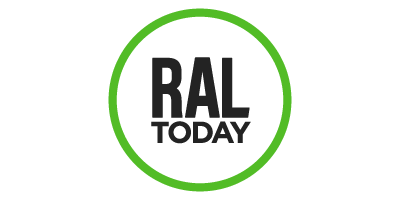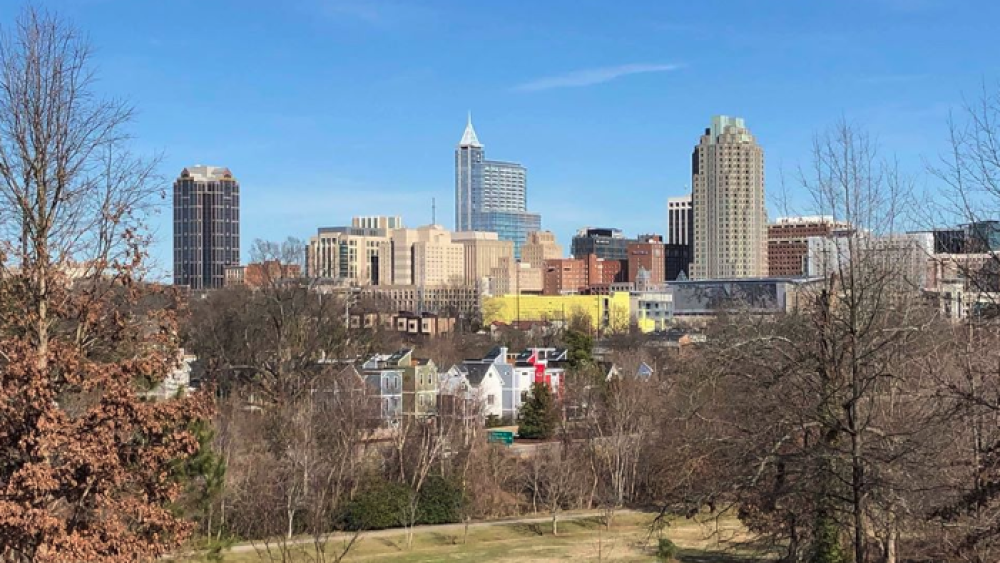Earlier this week, voters in Durham approved a $95 million affordable housing bond to address a depleted home supply — DYK more than 200 people move the Triangle each day?
Our collective cities have a lot to love, including robust economic growth, stable costs of living, and a slew of cultural amenities, but a growing population has strained housing resources, leaving lawmakers and land developers alike grappling over the question of how to maintain enough affordable inventory to meet market demands. While some advocate for more mixed-use or multi-family units, others think city officials should focus more on land trusts, revitalization, and cost caps for neighborhoods.
Here’s a look at some of the measures that exist currently to address affordable housing needs across the Triangle:
- Raleigh’s affordable housing program has committed to developing 570 units per year for the next 10 years, and also provides assistance for down payments, neighborhood revitalization, and home improvement. The city is currently conducting an online survey, which invites community members to provide their feedback regarding housing goals and strategies for 2021-2025. Click here to share your thoughts.
- The North Carolina Housing Coalition in Durham advocates for community resources that will preserve affordable housing investments from local and federal funds and provides counseling services for prospective homebuyers. The new bond will create 1,600 new affordable housing units, preserve 800 affordable apartments, move 1,800 homeless individuals into permanent housing, provide 400 ownership opportunities for first-time homebuyers + provide 2,800 low-income renters and homeowners with economic stability assistance.
- Thanks to a renewable 99-year ground lease, the Community Home Trust in Chapel Hill can offer a variety of condos and townhomes for sale at approximately 30 percent less than the average market price.











